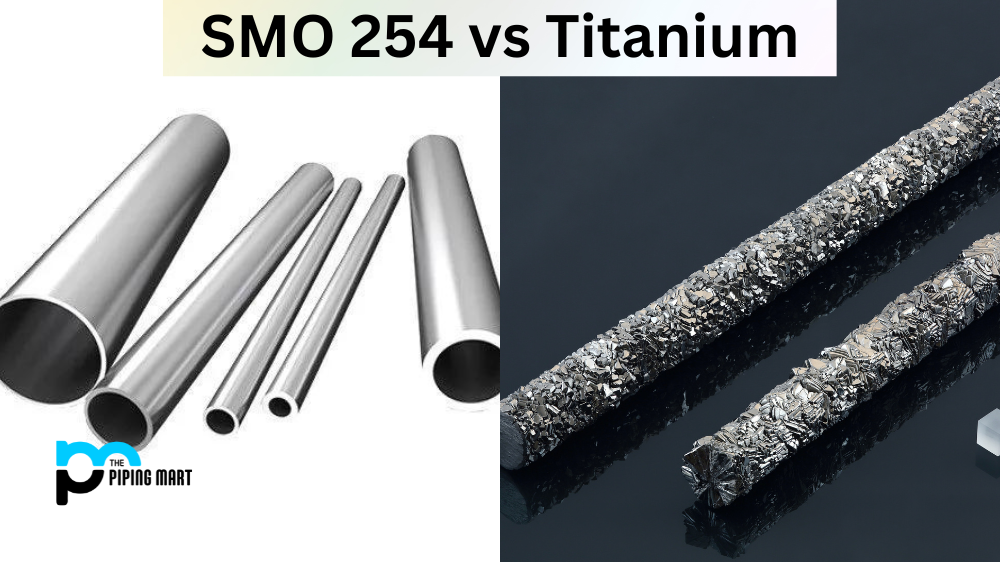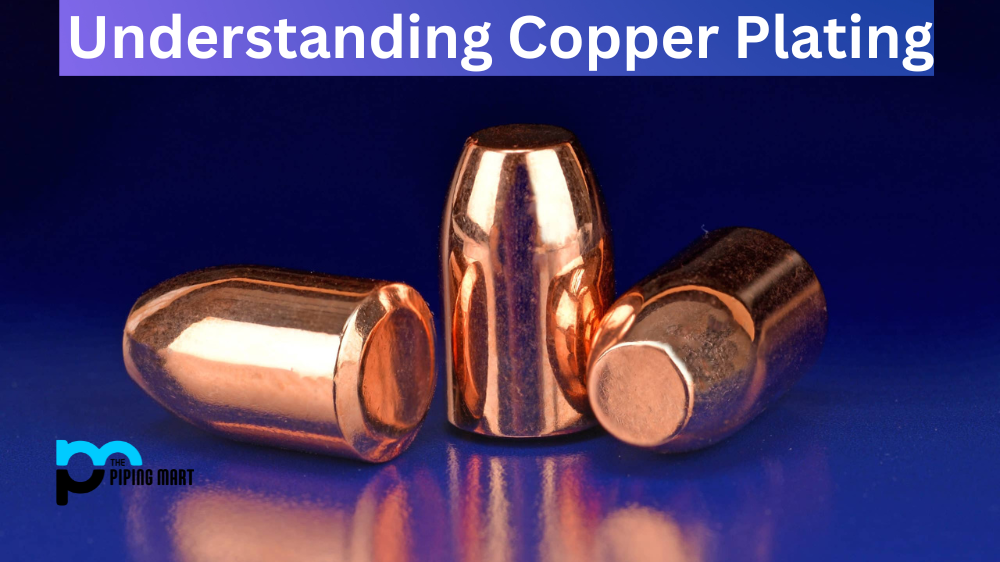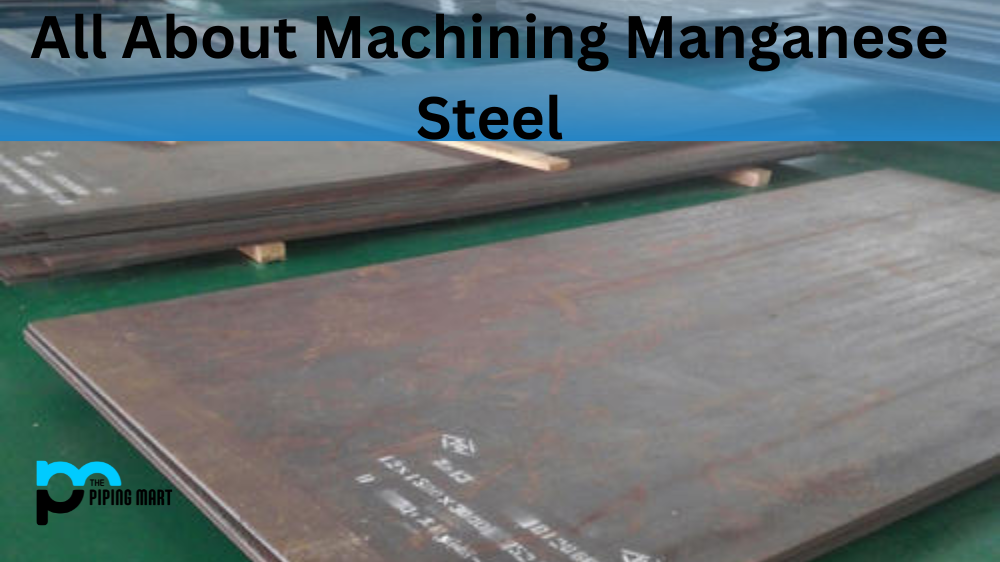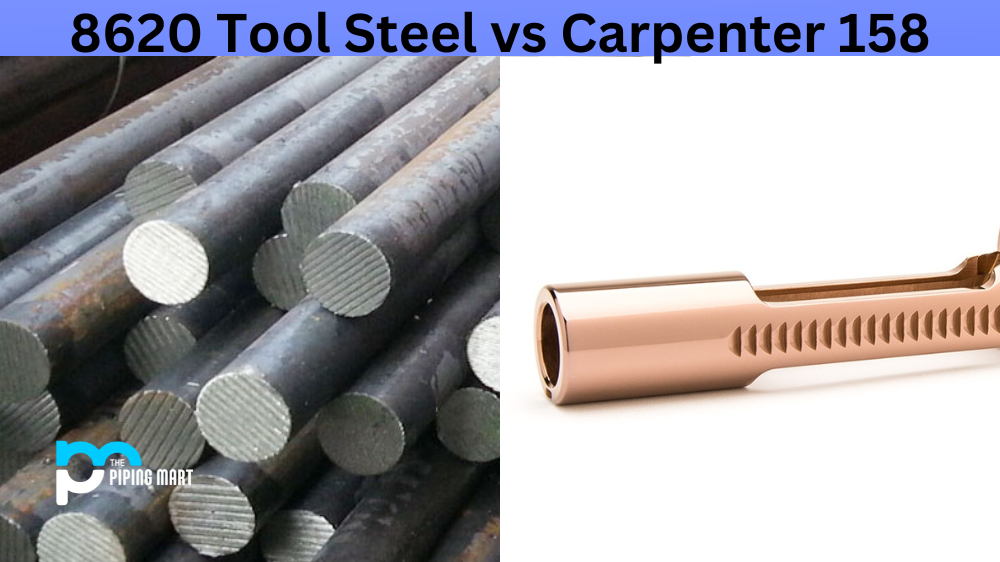As engineers and manufacturers search for new materials to improve equipment and machine performance, two materials that are emerging as popular choices are SMO 254 and titanium. Both have unique properties that make them suitable for particular applications. However, understanding the benefits and drawbacks of each material can help users make informed decisions when selecting which to use. So, in this blog post, we will explore the attributes, applications, and benefits of SMO 254 versus titanium to help you make the right choice.
What is SMO 254?
SMO 254 is a high-alloy austenitic stainless steel that offers exceptional corrosion resistance against organic and inorganic acids, especially in chloride-rich environments. Its composition includes elements such as chromium, molybdenum, and nitrogen that impart unique properties, making it much more durable and robust in extreme conditions, such as exposure to seawater.
SMO 254 is a versatile material used in offshore and marine environments, wastewater treatment plants, pulp and paper plants, and other industrial settings. It also has high-temperature resistance and low thermal expansion, which makes it suitable for piping systems, heat exchangers, and other pressure vessels at high pressure and temperature conditions.
What is Titanium?
Titanium is a lightweight, non-ferromagnetic, and non-toxic metal known for its high strength-to-weight ratio and resistance to corrosion, such as in saltwater environments. It has a low thermal expansion, high-temperature tolerance, and good flexibility, making it ideal for various industrial applications, including aerospace, marine, and medical. Additionally, titanium has outstanding biocompatibility and is thus commonly used in medical implants and surgical instruments.
Difference Between SMO 254 and Titanium
When choosing between SMO 254 and titanium, the key factors that must be considered include the application and the specific conditions in which the material will be used. Although both materials have excellent corrosion resistance abilities, SMO 254 is known to perform significantly better than titanium in particularly aggressive, chloride-rich environments.
On the other hand, titanium is unbeatable in its high strength-to-weight ratio and biocompatibility, making it an excellent choice for biomedical implants and aerospace applications. SMO 254 is heavier than titanium, making it less suitable for lightweight constructions. However, its unique durability, robustness, and reliability make it irreplaceable, especially in aggressive and corrosive environments.
Benefits of SMO 254 and Titanium
SMO 254 and titanium have several advantages, depending on the specific application. For instance, the benefits of SMO 254 include consistent strength and corrosion resistance in extremely harsh environments, high toughness, fatigue resistance, and ease of fabrication. In comparison, titanium offers excellent biocompatibility, a high strength-to-weight ratio, low elastic modulus, non-magnetic properties, and excellent compatibility with human tissue.
Conclusion
In conclusion, SMO 254 and titanium have unique properties and benefits that make them ideal for various industrial applications. Although both materials excel in harsh environments, SMO 254 performs better in environments rich in chlorides. Similarly, while titanium has a high strength-to-weight ratio and is biocompatible, SMO 254 stands out for its toughness, reliability, and ease of fabrication.

Meet Bhavesh, a seasoned blogger with a wealth of knowledge and experience. From metal products manufacturing to retail, Bhavesh has a diverse background in various industries and is dedicated to sharing his insights and expertise with readers.




